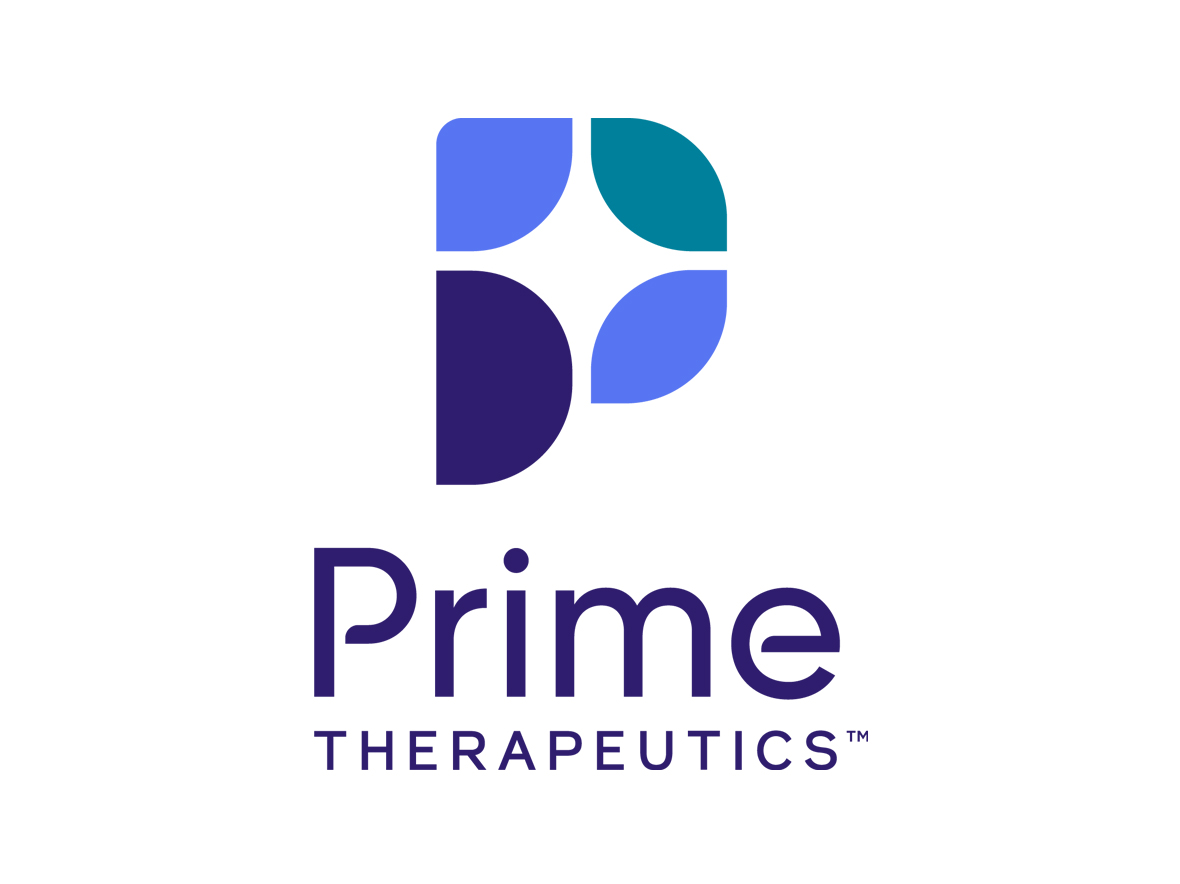Paws-itive change: Can Do Canines empowers individuals with disabilities - Prime Therapeutics
Paws-itive change: Can Do Canines empowers individuals with disabilities
Minnesota-based organization, recipient of a 2024 Prime Together Foundation grant, trains service dogs using volunteers — including incarcerated individuals

About 1 in 4 people in the United States have a disability, according to the Centers for Disease Control and Prevention (CDC). Can Do Canines, a nonprofit organization based in New Hope, Minnesota, aims to empower individuals with disabilities to live freely and independently by providing assistance dogs throughout Minnesota and Wisconsin.
“The impact of these dogs, and the work they do, is profound,” said Sheila Ross, development director for Can Do Canines. “Dogs from Can Do Canines are more than just companions — they provide essential support and assistance that helps people with disabilities gain more independence, confidence and freedom. We are committed to expanding our reach to help even more individuals lead fulfilling lives.”
All dogs are provided free of charge to clients. However, from birth to placement — or about a three-year commitment — the actual cost of training a service dog is about $45,000, according to the organization, which is a recipient of a 2024 Prime Together Foundation grant. This grant, allocated by the nonprofit organization Prime Therapeutics (Prime), started in 2020, is part of the $108,870 total donated last year to support 501(c)(3) community organizations championing equity. Support from organizations like the Foundation enables Can Do Canines to place between 40–50 service dogs every year at no cost. Funds from the grant directly support food, training, enrichment, toys and veterinary care.
Since Can Do Canines started in 1989, the organization has certified more than 950 service dogs, who go on to be mobility, autism, seizure, diabetes and hearing assist dogs, as well as facility dogs that may work in a hospital (such as Children’s Minnesota in Minneapolis or M Health Fairview Masonic Children's Hospital) or a police station (such as the Orono Police Department). Their 770 annual volunteers donate 580,000 hours every year to train dogs on key skills needed to be effective support.
Among those 770 volunteers are more than 200 inmate handlers from nine regional prison systems, who are specially trained to handle service animals and further their skills within a six-to-nine-month period. While the dogs complete their training, many inmates report gaining more of a sense of purpose and learning positive skills that may help them successfully reintegrate into society.
Hear from dog handler Marc, who shares a letter to his dog, Liam, whom he trained while incarcerated.
Similar to humans choosing their vocation, once dogs have passed initial training requirements, they choose a specialty. “It’s like going to college and choosing a major,” Ross said. “Their jobs depend significantly on their personality. For example, autism assist dogs need to be flexible and unbothered by most disruptions. Medical alert dogs, such as for diabetes, need to be highly attentive.”
Meet Ian and his autism assist dog, Dewey.
“I nominated Can Do Canines because I’ve seen firsthand — through volunteering and hosting dogs in training — the incredible impact these specially trained dogs have in transforming lives, a journey that began when a colleague introduced me to her two beloved career-changed dogs and the inspiring organization that gave them their start,” said Becca Goodwater, a senior rebate analyst at Prime, who has been volunteering with the organization for about a year and has hosted four different assistance dogs.
Other Prime employees have also been impacted by the work of Can Do Canines. Jason Dickmeyer, a clinical operations technician who has worked at Prime for more than 20 years, was matched with his mobility assistance dog Moses in 2024.
“Being matched with Moses and meeting him for the first time was an instant bonding moment,” Dickmeyer said. “These dogs sense that you need their help physically and emotionally and willingly dedicate their lives to making yours better. It is extremely important to support Can Do Canines because they change people’s lives for the better. People who once did not have the confidence to go out in public because of their disability now flourish with the confidence and courage to be more active in the public eye, thanks to their assistance dog.”
His wife, Diana — who works as a senior account director at Prime — also feels the emotional impact of having a great assistance dog like Moses, who is five years old.
“Moses has blessed our lives in so many ways,” she shared. “Not only does he provide physical assistance to Jason, he provides companionship and love. Moses has brought us comfort, independence and a new joy for life. With Moses, Jason is more comfortable getting out in the public, which means more opportunities to get out and have fun together!”
On the horizon for Can Do Canines is an initiative to expand their New Hope campus to include more volunteer space, a whelping program on site, an early learning center for puppies and more training rooms.
About Prime Therapeutics

Prime Therapeutics LLC (Prime) is a diversified pharmacy solutions organization. We offer innovative pharmacy benefit management, specialty and medical drug management, and state government solutions to millions of people across the country. At Prime, we’re reimagining pharmacy solutions to provide the care we’d want for our loved ones. We challenge the way it’s always been done to develop intelligently designed solutions that deliver savings, simplicity and support to help people achieve better health. For more information, visit us at PrimeTherapeutics.com or follow us on LinkedIn.
